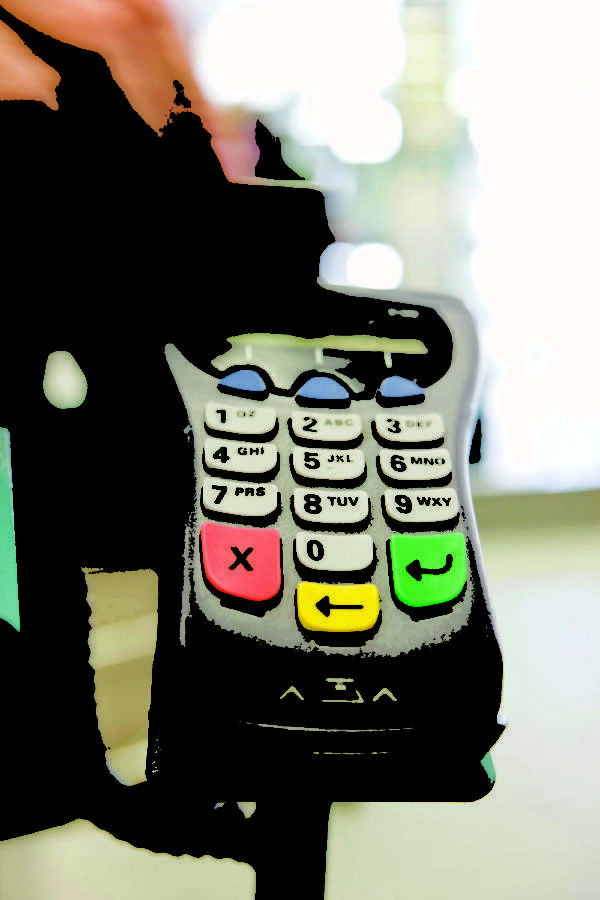Lage: Choices define your financial future: Credit cards
Columnist Tyler Lage argues that college students don’t need to swipe to build credit.
October 5, 2011
Now that I have spent a fair amount of time bucking the norm with common sense ideas about student loans and college cars, it is time to jump straight off of the deep end. Many last vestiges of 21st century conventional wisdom about money are soon to be banished with one quick statement.
You do not need a credit card in college. To expound on that, you do not need a credit card ever. You do not need one on a yacht. You do not need one on a cot. You do not need one here or there. You do not need one anywhere.
There are three common arguments that people will use to justify or explain the need for a credit card. I will respond to them in increasing order of sincerity.
Argument 1: “I get 1 percent cash back on all that I spend and I pay it off each month, so it is ‘free money’!”
This argument, like each of the other two, has a modicum of validity to it. It is true that you get money back. The fact that you make money on this situation, however, is based on perfection in bill paying.
Say, for example, that you can cash flow $1,000 bucks a month that you were going to spend anyway through a credit card. In a year, you would have accumulated $12 worth of ‘free money.’ Conversely, if you miss one of those payments, it would take you 19 days to nullify the year’s worth of ‘free money.’ That is before considering late fees.
More importantly, paying with plastic encourages the expenditure of more money. When considering whether or not to adopt new cash register technology, McDonalds conducted a study of customer purchases as related to payment type.
The results were shocking: The average receipt rose from $4.50 to $7 when customers used cards instead of cash.
Argument 2: “I need a credit card in case of emergencies!”
Here, I will borrow a concept I learned from a fiscally conservative financial adviser by the name of Dave Ramsey, but which has been around for a considerable amount of time — the emergency fund.
In the case of college students, $1,000 should be adequate. Think about all of the expenses that truly arise without warning — a broken alternator, a couple of doctor’s visits, emergency computer replacement — each of these things fall well within the $1,000 limit (Don’t give me that “I needed to replace my computer with the brand new Mac Pro” malarkey. You can do with a little less in a pinch)
The beauty of an emergency fund is two-fold. First, it is easy to accumulate. Even with existing expenses, a person who lives frugally and is employed (i.e. college students during the summer) can save that kind of money in a month or two.
Second, it is just as useful as if it were on a credit card. If you keep your fund in a debit card with Visa or Discover as a sponsor, it is accepted anywhere the parent credit card is — but without the prospect of 22 percent interest.
Argument 3: “I need a credit card to build up my credit score!”
The parent’s favorite. There is, however, a dirty truth behind this. If you make a wise down payment (20 percent or more), your credit score matters very little.
If you manage your money in a responsible manner and do not buy too much house for your budget, it is not impossible to come up with a 20 percent down payment for your home loan, avoid the costly plight of mortgage insurance and avoid unnecessary extraneous debt.
I hope you can see that many of the common excuses for credit card ownership do not pan out.
With the increased urge to spend, astronomical interest rates and irrelevance of a good credit score in a sound financial plan, not even Dr. Seuss would be daft enough to use credit.







